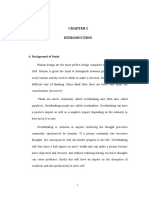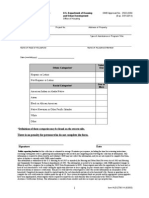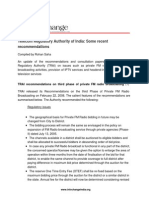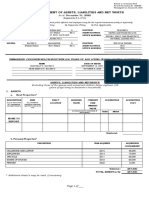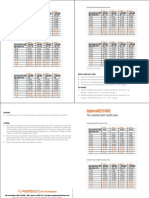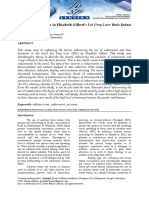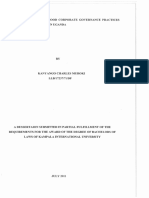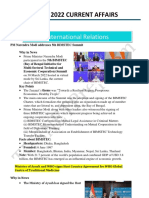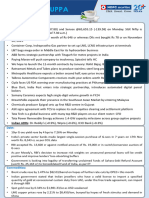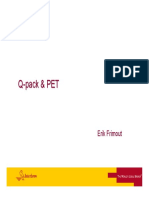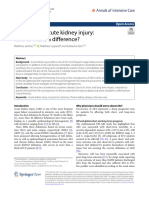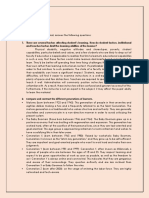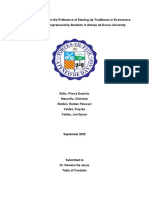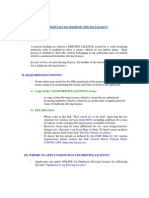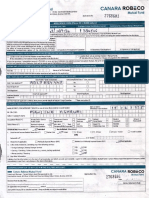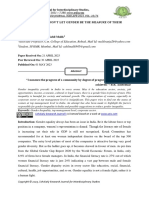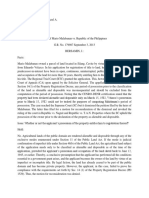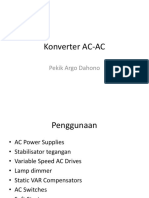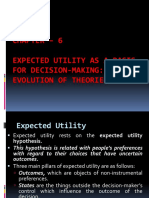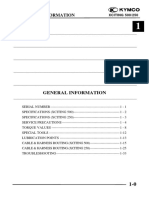0% found this document useful (0 votes)
83 views4 pagesSelf Control and Disciplined Behavior of
1. This study examined the relationship between self-control and discipline behavior in 80 students memorizing the Quran at an Islamic boarding school in Indonesia.
2. The study found a positive correlation of 0.695 between self-control and discipline behavior, indicating that higher self-control is associated with better discipline.
3. The results suggest that increasing students' self-control could help improve discipline at Islamic boarding schools.
Uploaded by
Eugene AlyzzaCopyright
© © All Rights Reserved
We take content rights seriously. If you suspect this is your content, claim it here.
Available Formats
Download as PDF, TXT or read online on Scribd
0% found this document useful (0 votes)
83 views4 pagesSelf Control and Disciplined Behavior of
1. This study examined the relationship between self-control and discipline behavior in 80 students memorizing the Quran at an Islamic boarding school in Indonesia.
2. The study found a positive correlation of 0.695 between self-control and discipline behavior, indicating that higher self-control is associated with better discipline.
3. The results suggest that increasing students' self-control could help improve discipline at Islamic boarding schools.
Uploaded by
Eugene AlyzzaCopyright
© © All Rights Reserved
We take content rights seriously. If you suspect this is your content, claim it here.
Available Formats
Download as PDF, TXT or read online on Scribd
/ 4

